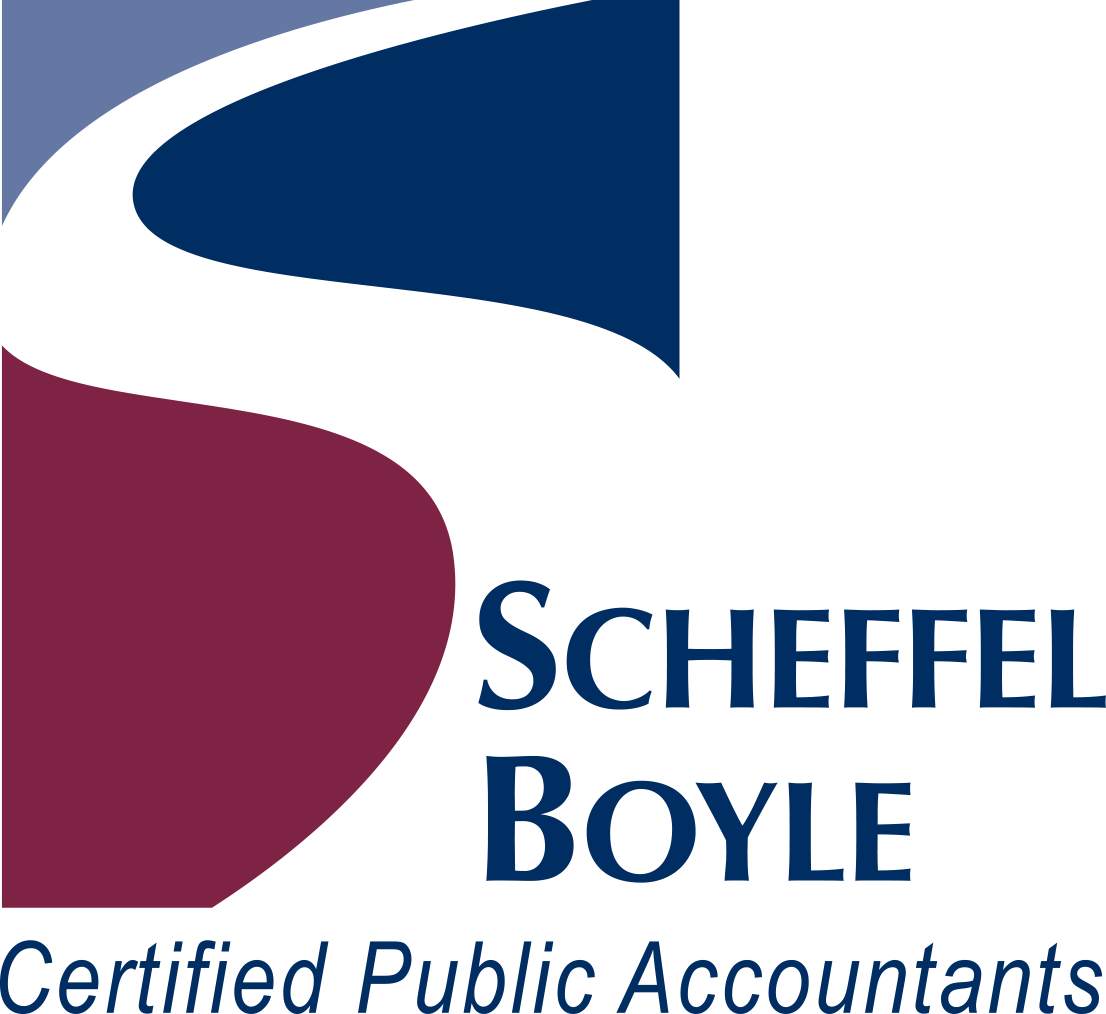Get an Early Tax “Refund” by Adjusting Your Withholding
Fortunately, there’s a way to begin collecting your 2018 refund now: You can review the amounts you’re having withheld and/or what estimated tax payments you’re making, and adjust them to keep more money in your pocket during the year.
Choosing to adjust
It’s particularly important to check your withholding and/or estimated tax payments if:
· You received an especially large 2017 refund,
· You’ve gotten married or divorced or added a dependent,
· You’ve bought a home,
· You’ve started or lost a job, or
· Your investment income has changed significantly.
Even if you haven’t encountered any major life changes during the past year, changes in the tax law may affect withholding levels, making it worthwhile to double-check your withholding or estimated tax payments.
Making a change
You can modify your withholding at any time during the year, or even more than once within a year. To do so, you simply submit a new Form W-4 to your employer. Changes typically will go into effect several weeks after the new Form W-4 is submitted. For estimated tax payments, you can make adjustments each time quarterly payments are due.
While reducing withholdings or estimated tax payments will, indeed, put more money in your pocket now, you also need to be careful that you don’t reduce them too much. If you don’t pay enough tax throughout the year on a timely basis, you could end up owing interest and penalties when you file your return, even if you pay your outstanding tax liability by the April 2019 deadline.
Getting help
One timely reason to consider adjusting your withholding is the passage of the Tax Cuts and Jobs Act late last year. In fact, the IRS had to revise its withholding tables to account for the increase to the standard deduction, suspension of personal exemptions, and changes in tax rates and brackets. If you’d like help determining what your withholding or estimated tax payments should be for the rest of the year, please contact us.



